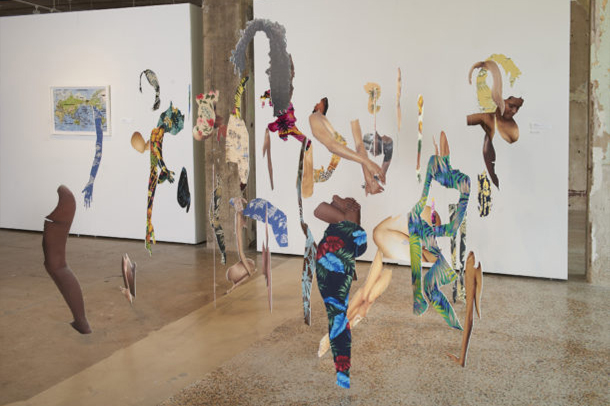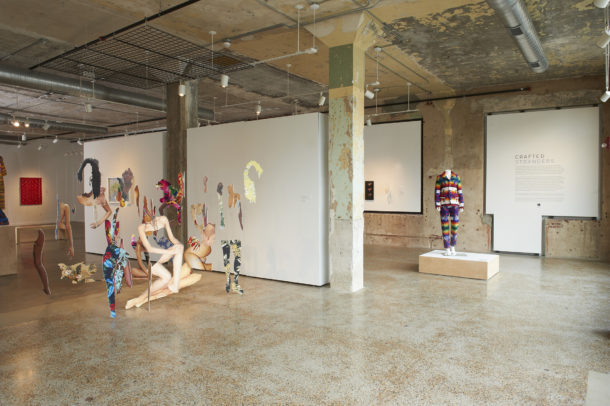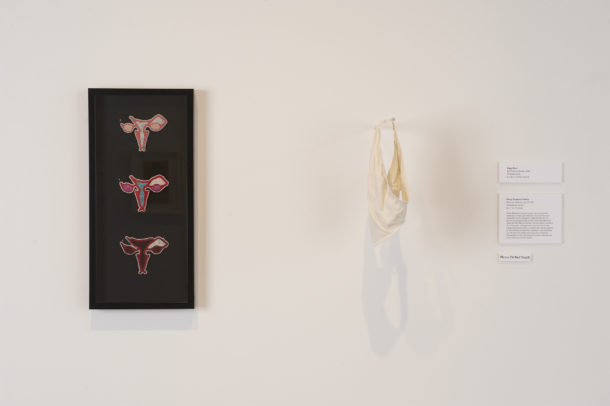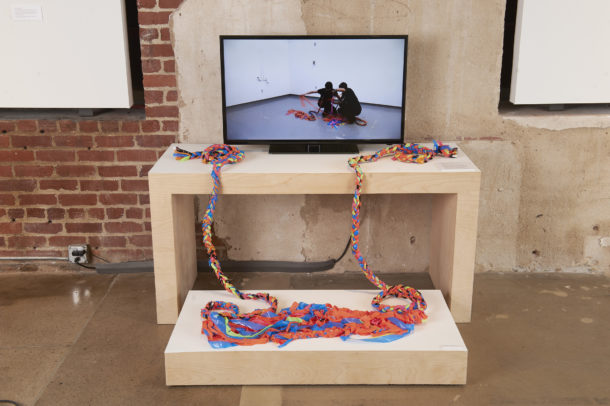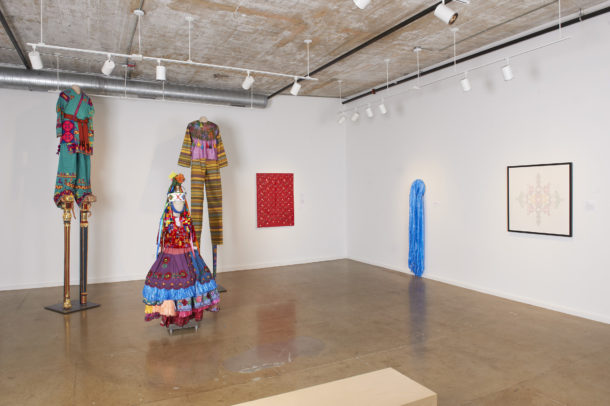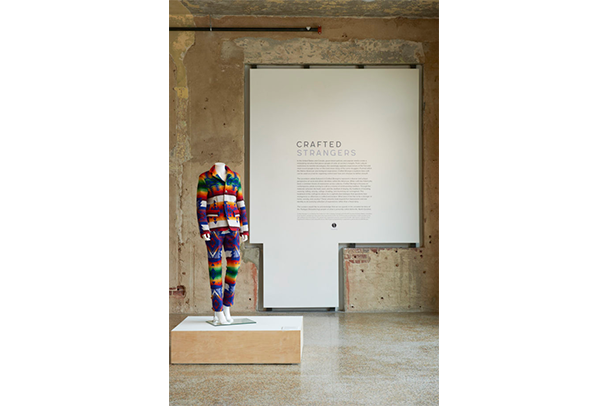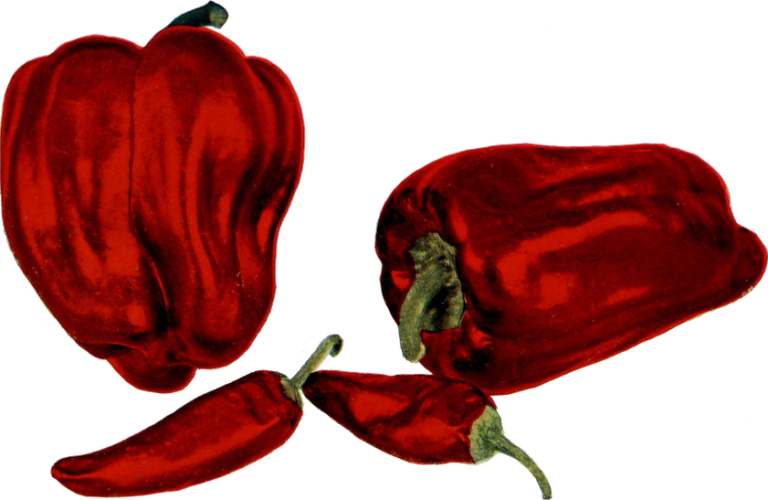CURATING
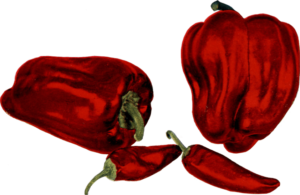
Forward Facing
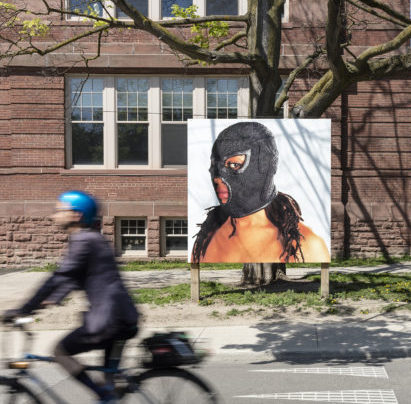
Forward Facing examines intersectionality within Indigenous identities through the photographic, video, and sculptural practices of Lacie Burning, Jade Nasogaluak Carpenter (now known by their Inuvialuk name, Kablusiak), and Dayna Danger.
Featuring objects that transform or transcend the human form, the exhibition illustrates the multifaceted ways that Indigenous people contend with colonialism through their bodies. Despite the artists’ diverse practices and vastly different approaches to materiality, Forward Facing displays innovative methods of practicing solidarity and safety within their respective Indigenous communities.
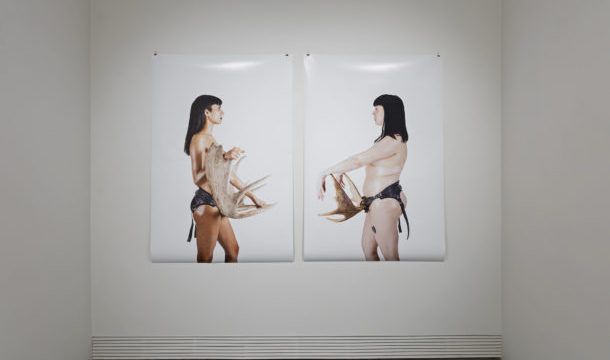
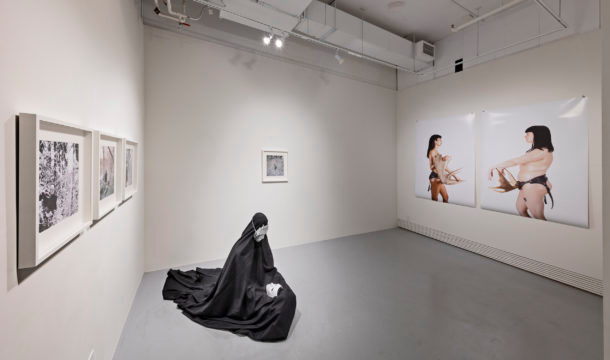
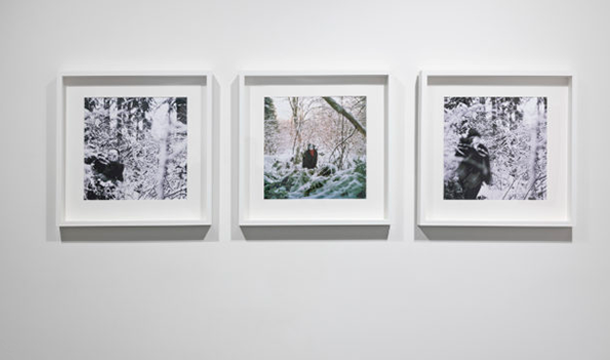
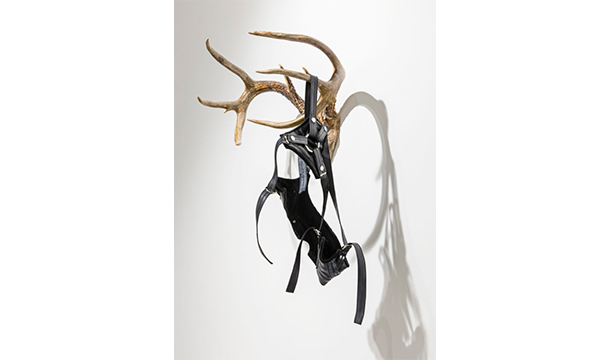

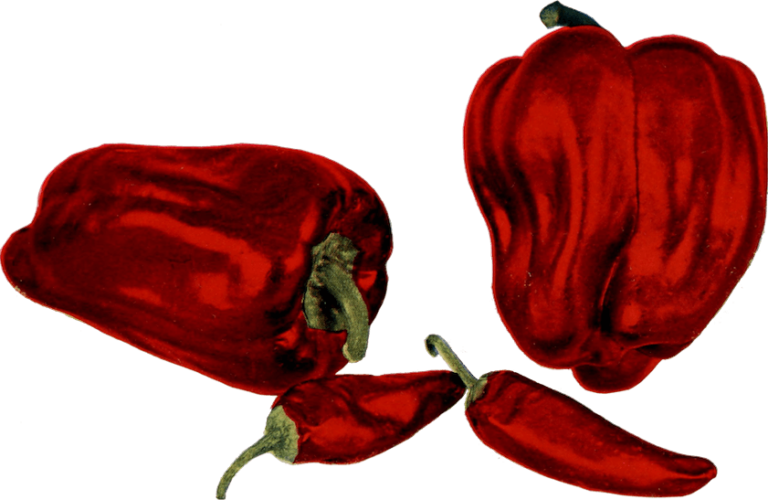
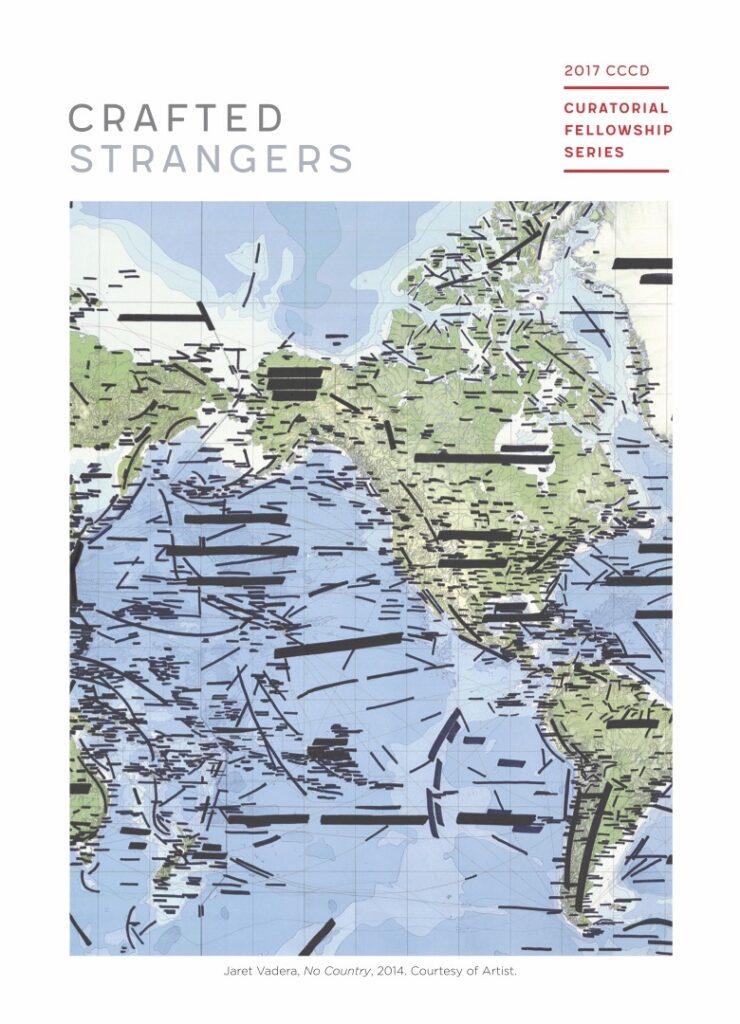

Crafted Strangers

In the United States and Canada government policies and popular media create a misleading narrative that places people of color at society’s margins. From cultural restrictions to harmful stereotypes the seemingly opposite experiences of the first and most recent people to live on this land share many of the same struggles. Framed within the Native American and immigrant experience, Crafted Strangers explores how craft can be used as a tool for regaining control over how one chooses to define themselves.
The seventeen artists featured in Crafted Strangers represent a diverse and unique perspective of racial and ethnic identities within the Americas. While craft has historically been a common means of expression across cultures, Crafted Strangers focuses on contemporary artists turning to craft as a means of reinterpreting tradition. Through the materials selected, the tools used, and the method of display, traditions of beading, weaving, tufting, sewing, collage, braiding and drumming are reimagined. This treatment of the craft genre allows for a sophisticated dialogue that questions how strangeness or otherness are crafted and broken. What does it feel like to be a stranger in home, society, and country? These artworks look beyond first impressions and see identity as an evolving collection of experiences rather than a fixed story.
The curators would like to acknowledge that we are guests in the unceded territory of the Tsalagiyi Detsadanilvgi people of what is presently called Asheville, North Carolina.
